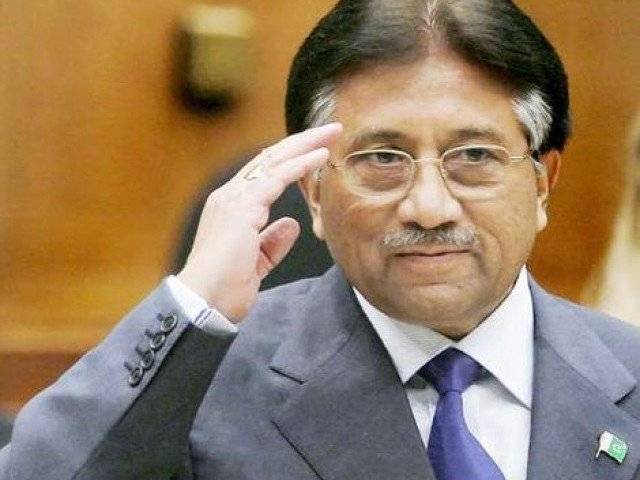The Supreme Court ordered the government to remove the travel ban imposed on the former military leader Pervez Musharraf, who is awaiting trial for treason, to seek medical treatment abroad. Mr Musharraf, 72, has been in poor health in recent months and has frequently visited hospitals in Karachi, complaining of severe back and neck pain. While it is not unheard of that the court allows those on trial to leave the country for health reasons, Mr Musharraf faces charges of treason, which could lead to a death sentence, after being accused of overthrowing the Constitution in 2007 and declaring emergency rule in the country.
Many are skeptical that he will now return to the country after being allowed to leave during his high-profile case. While the federal government is probably unhappy at the decision at the moment, in the long run, his absence is possibly what is best for the country. The case has become a major bone of contention between the civilian government of Prime Minister Nawaz Sharif and the powerful military establishment, which has been agitated of having a former chief put on trial. In the history of the Pakistani Army, no one who has served as army chief, been the target of criminal prosecution before Mr Musharraf, and that is simply unacceptable in the organisational structure of the establishment.
If the government were as keen to implicate the former dictator as they led on, then his case would not have been allowed to lose steam and linger on to become inconclusive at best. The special court in its judgment passed in November last year, questioned the transparency of the treason case investigation and also called for reinvestigation into the case. His case is a reminder that the power balance between the military and the civilian government tips heavily on one side despite what is let on. It will be a long while from now when a high ranking official from the army is put to trial and actually convicted of any crimes he may have committed during his tenure.






